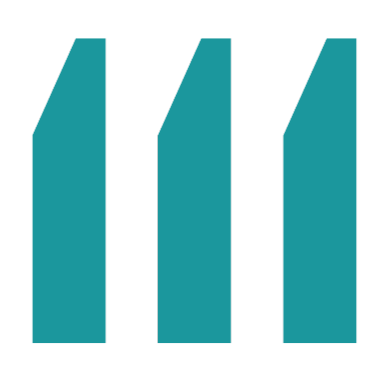When we open a box of medicine, we rarely think about the value contained in the package leaflet. Yet that thin piece of paper is the most direct and regulated point of contact between the patient and the drug — a vehicle for scientific information, a bridge between those who develop a therapy and those who take it. Now, that leaflet is about to change face.
The fifth session of the 64th AFI Symposium, scheduled to take place in Rimini on June 12, will open a crucial discussion on a transformation that is as technical as it is cultural: the digitalization of the patient leaflet.
In a video interview introducing the session, Molin Zan presents the topic clearly: “During this session, we will discuss the digital version of the patient leaflet, in accordance with pharmaceutical legislation. The goal is to demonstrate the effectiveness of the digital version and its equivalence to the paper format.”
This is a groundbreaking change, part of the broader digitalization of regulatory processes, and it actively involves the entire pharmaceutical ecosystem: companies, institutions, regulatory bodies, industry associations — and, of course, patients.
A Matter of Accessibility and Trust
The digital leaflet, or e-leaflet, is emerging as a tool capable of addressing multiple contemporary needs: making information more accessible, multilingual, updated in real time, and more environmentally sustainable. However, the shift from paper to digital is not without challenges: how can we ensure that every patient—regardless of age, digital literacy, or health condition—can access the information in a simple, secure, and comprehensive way?
This session will address these critical questions, emphasizing the importance of a well-regulated transitional phase and pilot projects aimed at collecting data on the effectiveness of the digital leaflet. It is not just a matter of “digitizing” content, but of rethinking its structure and interface—exploring solutions that are inclusive, readable, intuitive, and, if needed, integrated with physical or voice-based support tools.
A European Project, a Shared Agenda
In the video interview, Molin Zan emphasizes that “several projects at the European level, in various countries and also within EMA,” are already testing the digital leaflet model. This is not an isolated initiative, but rather a systemic and coordinated evolution involving the key stakeholders of the pharmaceutical sector.
Countries such as Germany, Sweden, and the Netherlands have already launched pilot programs aimed at assessing the equivalence of digital and paper leaflets—not only in terms of the quality of information provided, but also in relation to therapeutic compliance. At the same time, the European Medicines Agency (EMA) has opened dedicated working groups on the topic, in collaboration with industry associations like EFPIA and Medicines for Europe, with AFI playing an active role.
The Role of Pharmaceutical Companies
One of the most compelling aspects raised by the session is the direct involvement of pharmaceutical companies, which are called upon to lead the way in this transformation. As explained in the video, “pharmaceutical companies are collaborating and supporting this project through their market associations.” This is a significant signal: companies are not merely complying with a regulatory shift—they are helping shape it, contributing resources, technology, and regulatory expertise.
In this context, the fifth session also serves as a strategic opportunity to share case studies, corporate experiences, and digital tools that are already in use or under evaluation. It’s an open dialogue that puts co-design at the center—between public and private sectors, between innovation and compliance.
Why attend the Fifth Session?
For over sixty years, the AFI Symposium has been a cornerstone for Italy’s scientific and pharmaceutical industry community. The fifth session of the 2025 program stands out for the timeliness of its theme, for the potential systemic impact on the entire supply chain, and for its underlying ethical value: making medical information more accessible, understandable, and democratic.
Attending means gaining early access to data, projects, and evolving regulations. But more importantly, it means actively contributing—through ideas and dialogue—to the construction of a new communicative and regulatory paradigm.


